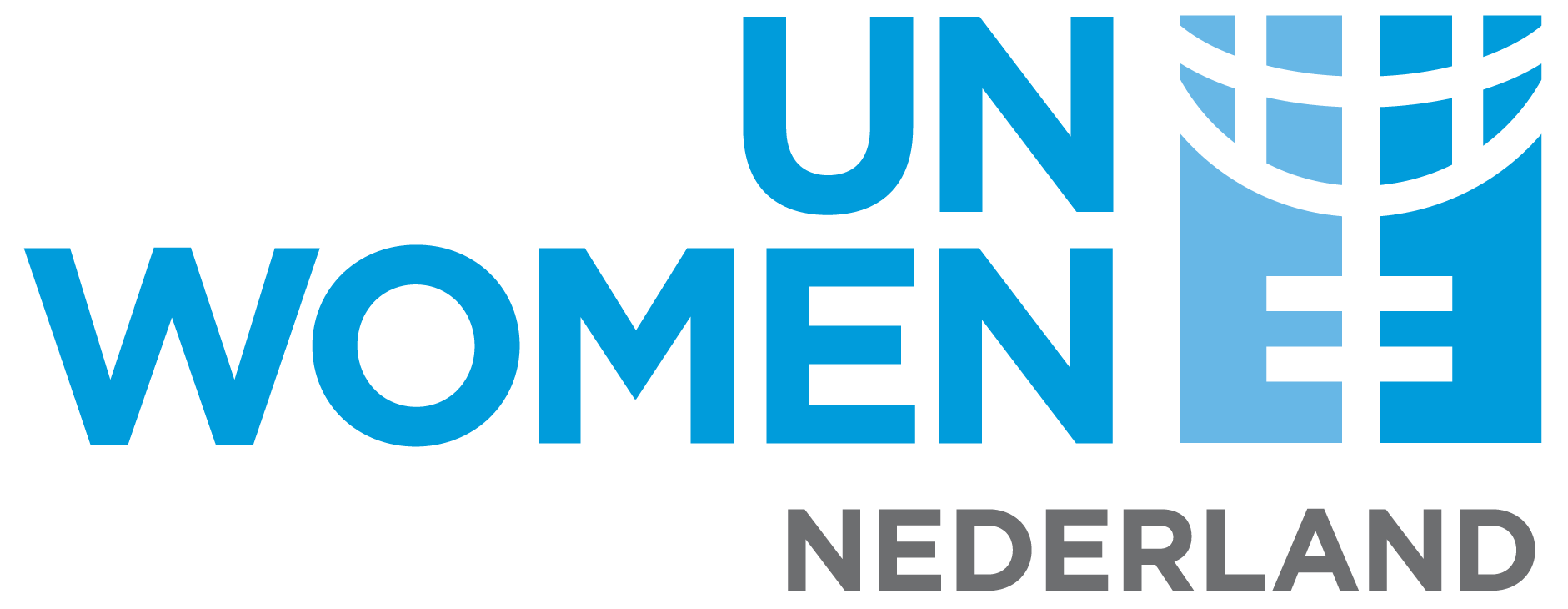UN WOMEN NEDERLAND
Women EmpowermentWomen Empowerment
Investing in women’s empowerment sets a direct path towards gender equality, poverty eradication and inclusive economic growth. Women make enormous contributions to economies, whether in businesses, on farms, as entrepreneurs or employees, or by doing unpaid care work at home.
But they also remain disproportionately affected by poverty, discrimination and exploitation. Gender discrimination means women often end up in insecure, low-wage jobs, and constitute a small minority of those in senior positions. It curtails access to economic assets such as land and loans. It limits participation in shaping economic and social policies. And, because women perform the bulk of household work, they often have little time left to pursue economic opportunities.
Our solutions
Many international commitments support women’s economic empowerment, including the Beijing Platform for Action, the Convention on the Elimination of All Forms of Discrimination against Women and a series of International Labour Organization conventions on gender equality. UN Women supports women’s economic empowerment in line with these, and with the growing body of evidence that shows that gender equality significantly contributes to advancing economies and sustainable development.
Empowering women to participate fully in economic life across all sectors is essential to build stronger economies, achieve internationally agreed goals for development and sustainability, and improve the quality of life for women, men, families and communities. The private sector is a key partner in efforts to advance gender equality and empower women.
UN Women
The Netherlands
Women’s Empowerment Principles
The Women’s Empowerment Principles (WEPs) are a set of Principles offering guidance to business on how to advance gender equality and women’s empowerment in the workplace, marketplace and community. Established by UN Women and UN Global Compact, the WEPs are informed by international labour and human rights standards and grounded in the recognition that businesses have a stake in, and a responsibility for, gender equality and women’s empowerment.
Target audience
WEPs are a primary vehicle for corporate delivery on gender equality dimensions of the 2030 agenda and the United Nations Sustainable Development Goals. By joining the WEPs community, the CEO signals commitment to this agenda at the highest levels of the company and to work collaboratively in multistakeholder networks to foster business practices that empower women. These include equal pay for work of equal value, gender-responsive supply chain practices and zero tolerance against sexual harassment in the workplace.
